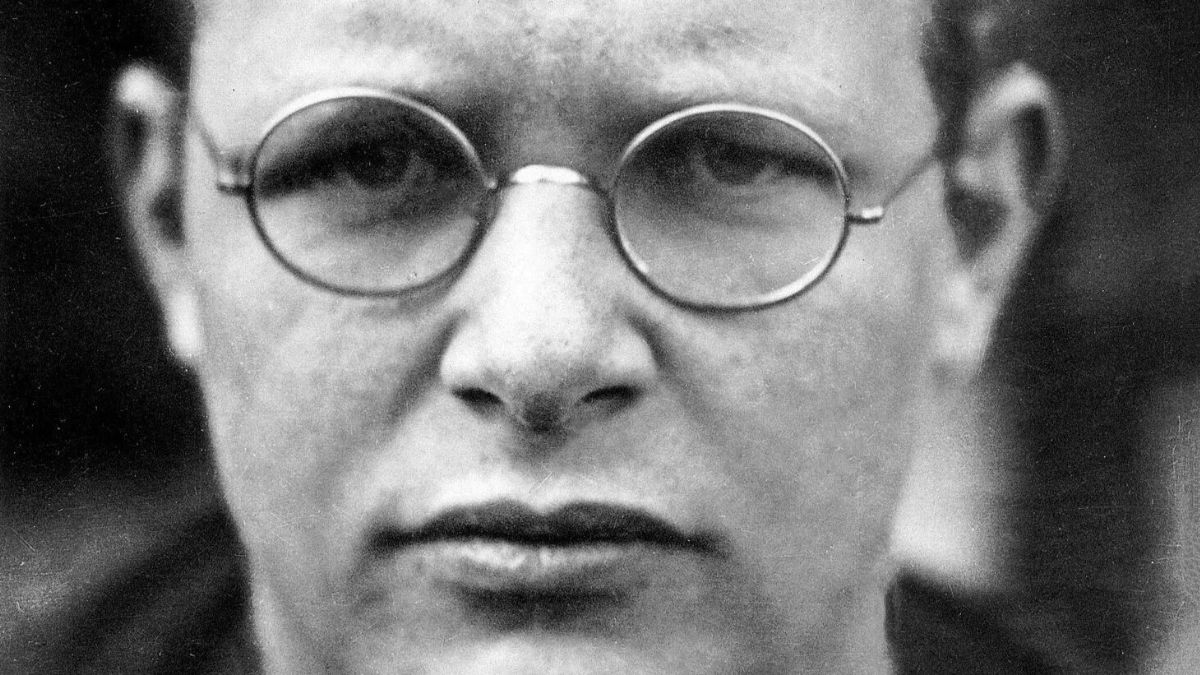

BreakPoint
Hollywood and Happiness
If nothing else, this year's presidential campaign confirms that politicians will promise just about anything to get elected. In both major parties, leadership and vision have given way to the politics of pandering. Well politicians have always made promises to get elected. But why do we continue to let them do it? Why do we encourage this kind of campaigning? Basically, many people are looking to government to make them happy. But there's the rub: the underlying belief that happiness is a matter of getting everything you want; that is, happiness as wish- fulfillment. Believe it or not, the most penetrating critique of this state of political affairs may be found, not on the editorial page, or in our pulpits, but on the Big Screen. The film I'm thinking about is the recently released Bedazzled, a remake of the 1967 classic. By reviving this classic myth of wish fulfillment, Bedazzled offers a surprisingly sharp critique of the modern pursuit of happiness. The film introduces a love-sick technical-support representative named Elliot. Elliot's good-hearted, but extremely socially awkward. When his attempts to attract a co-worker (Allison) fall flat, Elliot exclaims that that he "would give anything to have that girl in [his] life." Well, at that moment the Devil, in the form of a beautiful woman, appears. She offers Elliot everything he could ever want -- in exchange for his soul. In this respect, of course, Bedazzled is a clear adaptation of the classic Faust myth, as told in Christopher Marlowe's play, Dr. Faustus. Faust, you may recall, sold his soul to the Devil in exchange for absolute knowledge. Nothing less would satisfy him. But unlike Bedazzled, Dr. Faustus is a grave and sobering tale -- one ending with Faustus' eternal damnation. Perhaps that's why Bedazzled, a comedy, weaves in another classic myth -- Aladdin and the Magic Lamp. You see, the Devil doesn't just offer Elliot his heart's desire -- she grants him seven wishes. But when Elliot signs over his soul, he doesn't exactly get what he bargained for. The Devil twists Elliot's wishes in malicious ways. For example, when Elliot wishes to be rich and powerful, she turns him into a Colombian drug lord. Well, Elliot doesn't have to use up all seven wishes to see that he's made a bad deal. He soon realizes that having it all still doesn't make him happy. What's more, he learns that getting what you want sometimes has some undesirable strings attached. Now, Bedazzled is not a good film, and I don't recommend you see it. In its attempts to be humorous, it employs cheap vulgar gags and presents a New Age view of good and evil. But at a basic level, the film does recognize that happiness is about much more than mere wish-fulfillment. What? Hollywood getting something right? Sure, even pre-Christian cultures (like ancient Greece) recognized that happiness is not a matter of circumstances. The ancient Greeks, for example, believed that happiness is about the character of our souls -- which is, of course, what Christians believe. While I don't recommend you see Bedazzled, popular culture powerfully shapes the thinking of our nation, and we've got to understand its messages. So when your friends see a film like this and talk about it, as they will, you can be sure that they get its real point: that wish-fulfillment, the things so attractive in this world, doesn't add up to happiness. True happiness is nothing less than peace in the human soul -- something they'll find only in Christ. For further reading: Aristotle, The Nicomachean Ethics 2 Corinthians 12:10 Philippians 4:11 1 Timothy 6:8 Hebrews 13:5
11/16/00















